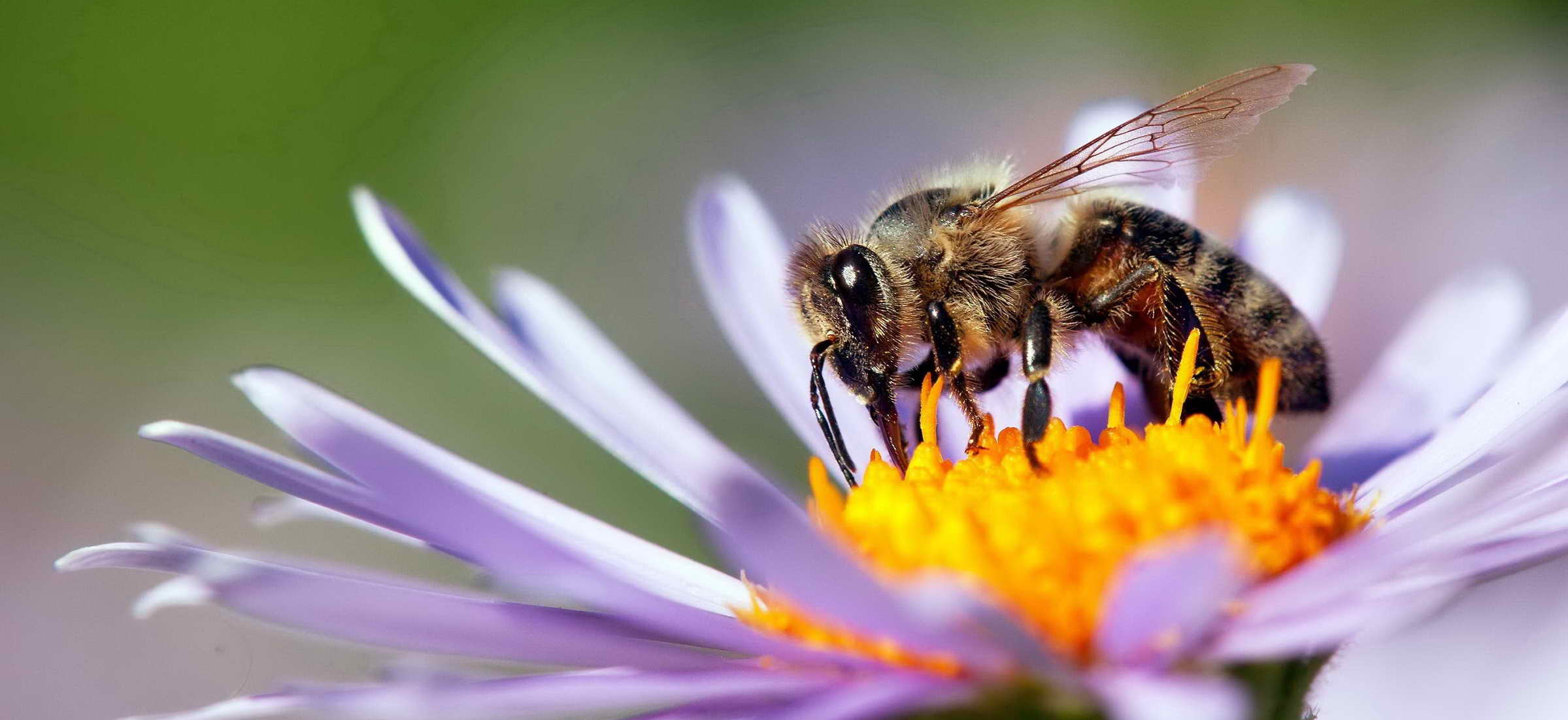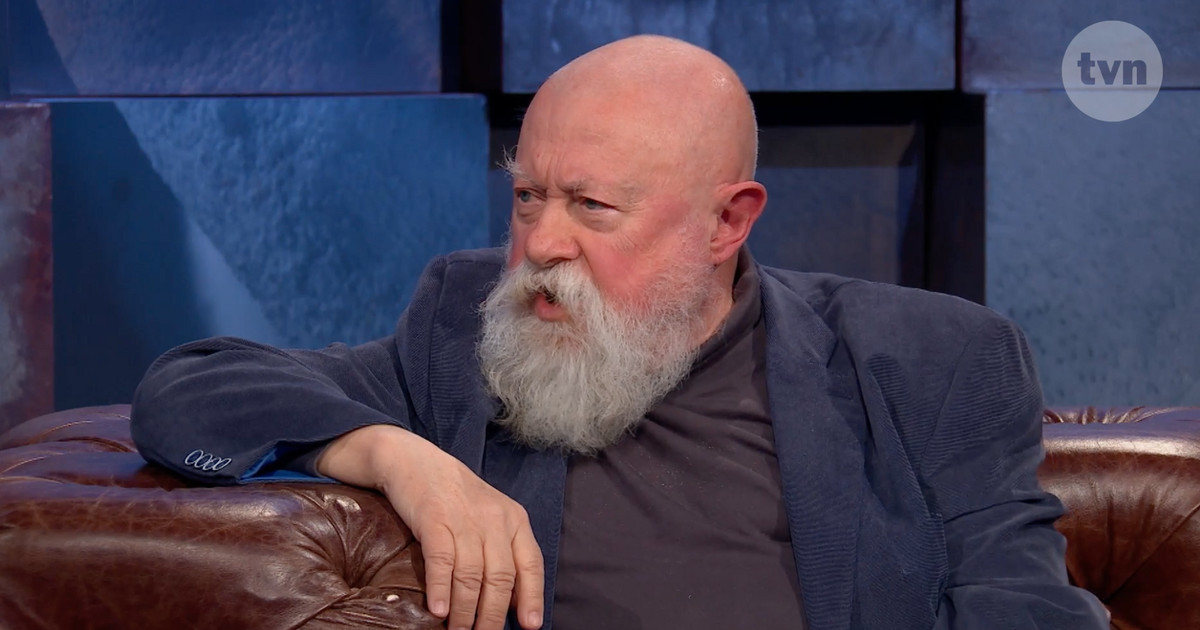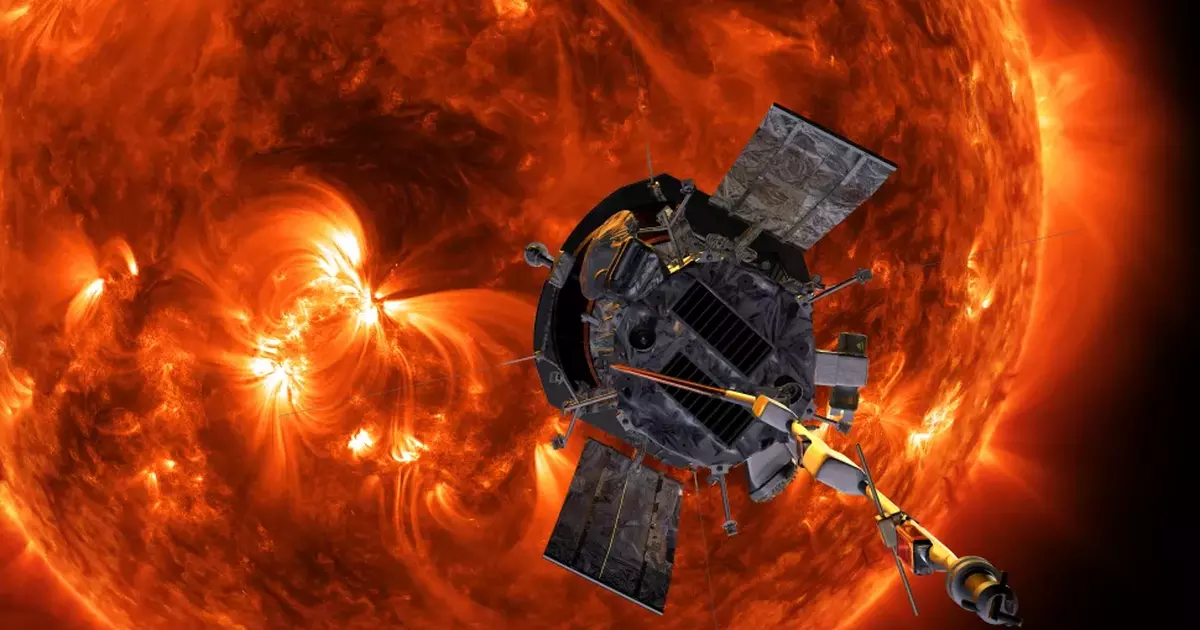Bees are perhaps the most important human species on earth. They are responsible for pollinating the main plants from the point of view of food production. In Europe alone, 84% of the 264 species of cultivated plants exist thanks to pollination by bees. Now, it turns out that in addition to all of their contributions to humanity, bees also possess consciousness.
“If bees were to disappear from the face of the earth, people would have only four years to live” – this is a famous quote attributed to Albert Einstein, which, even if it probably did not come from a famous genius, illustrates very well what role these unusual insects play in the functioning of human civilization.
In the United States alone, nearly a third of the food on our plates, including many fruits, vegetables, and nuts, ends up being pollinated by bees. Not surprisingly, to date, research on insects has primarily focused on their role in crop pollination.
Read also:
They saw something no one had seen before. This planet surprised astronomers
A new type of ice has been discovered in nature
Do you remember photosynthesis from school? Then see what scientists have done with it
What do bees really know?
Now, however, a paper has been published that treats these insects in a completely different way. Its author is Stephen Buchman, a professor in the Departments of Entomology, Ecology, and Evolutionary Biology at the University of Arizona, USA, who has been studying bees for more than forty years. He is also the author of several books, the most recent of which is What a Bee Knows: An Exploration of the Thoughts, Memories, and Personalities of Bees.
The professor and his colleagues conducted research, the results of which may force us to change our attitude towards bees and how we treat them. Buchmann’s new field of research could have major implications for agriculture, where bees play a vital role.
Buchmann is part of a small but growing group of scientists investigating the emotions of bees. This seems totally surprising—sentiments in insects? The scientist himself acknowledges that what he deals with belongs, for the time being, to the peripheral domains of science.
The bee’s brain is very small, about the size of a grain of sand. It is not surprising that only in recent years has there been a development of technology that allows you to study them in terms of their neurobiology. Until now, it was believed that in such a small brain, which contains so few neurons, very complex processes cannot occur. The prevailing view has been to treat bees as little instinctive robots that don’t feel pain, let alone emotions like suffering.
but how Claims Buchmann:
Bees are self-aware, conscious, and may have a rudimentary form of consciousness. They are problem solvers and they can think. Bees may have a rudimentary form of self-experience. We are poisoning bees with massive amounts of chemicals and destroying their natural foraging habitats. Once people accept that bees are sensitive and can suffer, I think that attitude will change.
Mammals don’t just feel emotions.
The scientist believes that bees are able to display complex emotions, which include optimism, frustration, amusement, and fear. These are features that until now have been associated only with mammals. Not only that, experiments are supposed to show that bees can also suffer from symptoms similar to post-traumatic stress! They can also potentially recognize human faces, process long-term memories during sleep, and possibly even dream.
If this discovery is confirmed, it could have serious consequences not only for the state of our knowledge and understanding of the world around us. It may also help explain a phenomenon known as ‘colony collapse syndrome’, in which entire honey bee colonies die off in one season. This is a very dangerous phenomenon that has contributed to a sharp decline in the bee population over the past two decades.
The main reason for this phenomenon is primarily the use of pesticides. However, Buchmann and other scientists say the decline in bee numbers may also be due to the psychological stress that common practices of industrial farming can place on bees.
He is joined by another scientist, Lars Schitka, who has been studying bees since 1987 as Professor of Sensory and Behavioral Ecology at Queen Mary University of London. Chittka is also the author of The Mind of a Bee, published in 2022. He also says:
These unique minds, however different they may be from our own, have the same rationale for existence as we do. It’s a whole new aspect of how weird and wonderful the world around us is.
Bees can have fun!
Chittek’s attitude towards what bees can change gradually over time as he has done research on how bees learn and process information. During his research, he told how bees act as a result of fluctuations in the amount of neurotransmitters that improve well-being – dopamine and serotonin.
Levels of mood-regulating substances increased when the bees received an unexpected sucrose reward. It’s a process that works the same for people who enjoy sweetness. In the research, the scientist noticed that, thanks to the improved mood, the bees had a greater enthusiasm for foraging than the bees that did not receive any reward.
Regardless of the just published research findings, bees have long been recognized as unusual animals. For example, they are the only pollinators that need to get enough food for themselves as well as collect large amounts of pollen and nectar to ensure the survival of their colony. They must memorize landscapes, evaluate flower choices, and make quick decisions in an ever-changing environment.
Now our knowledge of them begins to go beyond the dry facts about their abilities. These two scientists admit that discovering the emotional states of bees has profoundly changed them. They say that the mind of the bee fills them with a sense of amazement, as well as the conviction that these creatures should be treated better. Buchmann hopes that there will be an ethical shift in our perception of bees when the details of their love lives are made available to the wider public.

Echo Richards embodies a personality that is a delightful contradiction: a humble musicaholic who never brags about her expansive knowledge of both classic and contemporary tunes. Infuriatingly modest, one would never know from a mere conversation how deeply entrenched she is in the world of music. This passion seamlessly translates into her problem-solving skills, with Echo often drawing inspiration from melodies and rhythms. A voracious reader, she dives deep into literature, using stories to influence her own hardcore writing. Her spirited advocacy for alcohol isn’t about mere indulgence, but about celebrating life’s poignant moments.










